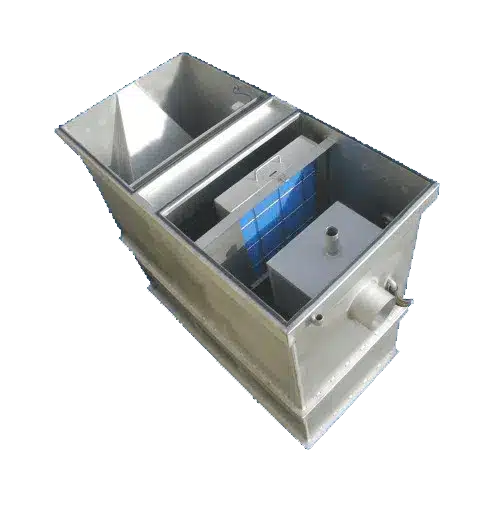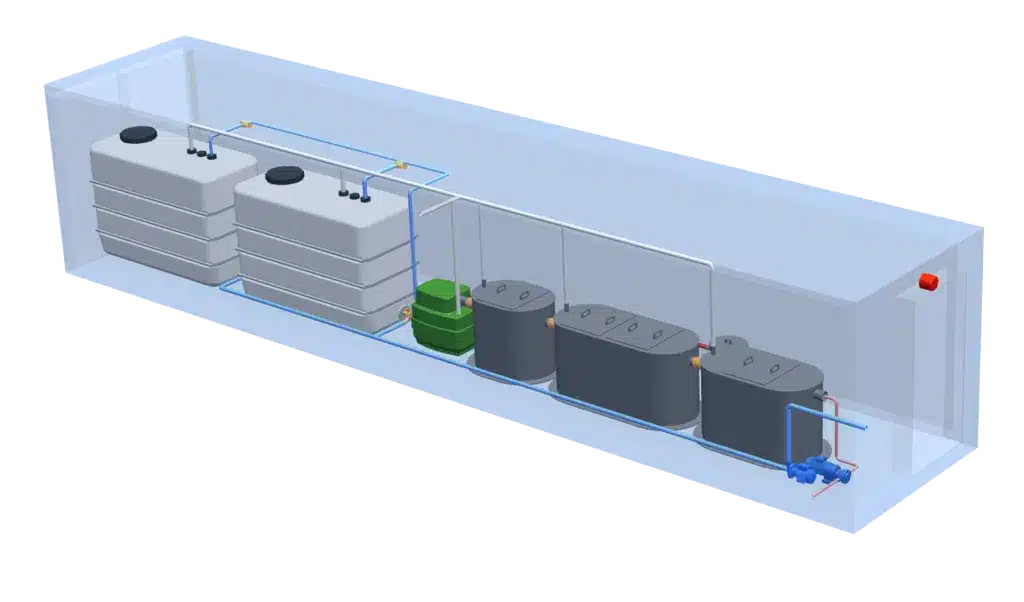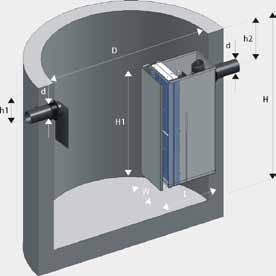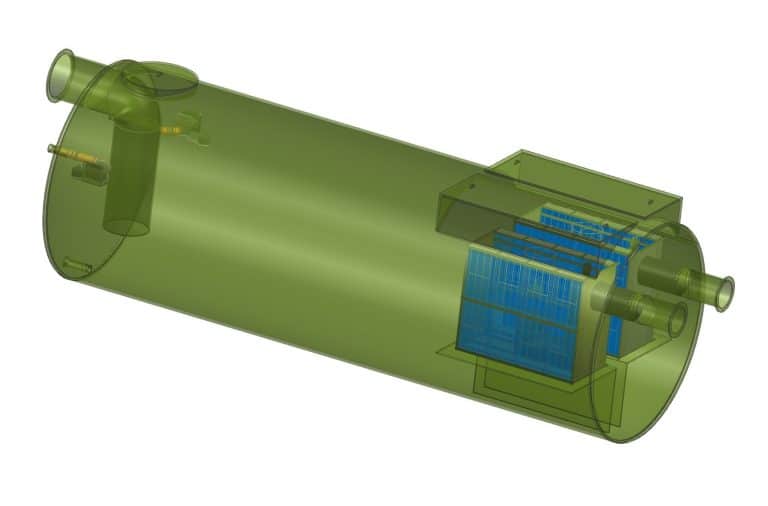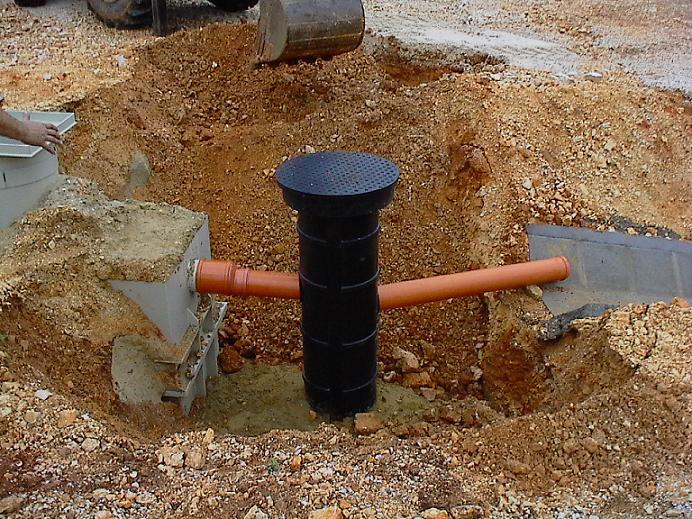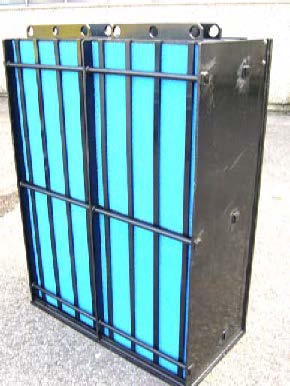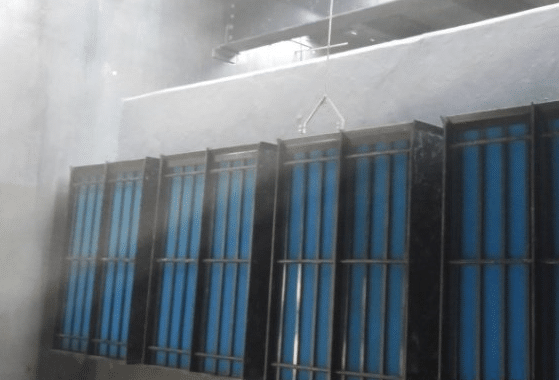Ever wondered how California deals with separating oil from water? California OWS Manufacturers lead the way in this fight, offering top-notch solutions for wastewater treatment. They’re not just meeting standards; they’re setting new ones in efficiency and sustainability.
In California, where environmental rules are strict, OWS systems are key. They’re the quiet heroes in many industries, like automotive and food processing. They make sure water is clean and can be reused. By September 2024, companies like Freytech Inc. will be at the forefront of this important field.
Key Takeaways
- California OWS manufacturers are pioneers in advanced wastewater treatment solutions
- Oil water separators are essential for environmental compliance across industries
- Top-ranked companies are pushing the boundaries of separation efficiency
- OWS systems contribute significantly to sustainable water management
- The technology is adaptable to various industrial applications and needs
Understanding Oil Water Separators (OWS) in California
Oil water separators are key in California’s industries. They help companies meet tough environmental rules and manage wastewater well. Let’s see how OWS work and why they’re vital in the Golden State.
Principles of Oil Water Separation
OWS systems use gravity to separate oil from water. Oil is less dense and floats on top. Inside, special plates or tubes help oil droplets stick together. This makes it easier to take out the oil from the water. Then, the clean water can be safely sent out or reused.
Environmental Regulations in California
California has strict environmental laws. Many businesses must treat their wastewater before letting it go. OWS systems help companies follow these rules. They take out oil and grease from the water, keeping the environment safe from pollutants.
Importance of OWS in Industrial Applications
Industries like manufacturing, transportation, and food processing use OWS technology. These systems recycle water, cut down on waste, and stop oil spills. By using OWS, companies save on water bills and avoid big fines for pollution. This makes OWS a wise choice for businesses aiming to be sustainable in California.
Advanced Technologies in OWS Systems
Oil water separators have evolved a lot in recent years. New technologies have boosted their performance and efficiency. Let’s look at some of these advancements.
Enhanced Coalescing Technology
Enhanced coalescing technology is changing the game in oil water separation. It uses special materials to make oil droplets stick together. As they get bigger, they’re easier to remove from water.
Freytech’s 5 PPM Separation Efficiency
Freytech Inc. is at the forefront with its advanced systems. Their oil water separators have a 5 PPM separation efficiency. This is better than the North American limit of 10 PPM.
In some cases, they can even get down to 0.1 PPM for tiny oil amounts. Such high performance means water can be safely discharged.
Handling Various Hydrocarbon Types
Modern oil water separators can work with different hydrocarbon types. They can separate motor oil, diesel, gasoline, or jet fuel from water. This makes them useful across many industries.
It helps businesses follow strict environmental rules and manage their wastewater responsibly.
Applications of OWS in Different Industries
Oil Water Separators (OWS) are key in many industries. They are vital for treating wastewater, making sure it’s disposed of safely and protecting the environment.
In the shipping world, OWS cut down on pollution from engine oil. They keep oil and bilge water apart, saving marine life. For manufacturing, OWS clean cooling water and fluids, keeping water safe and following the law.
Pharmaceutical and cosmetic companies count on OWS for handling oily wastewater. These systems make sure the water is clean before it’s released. In food production, OWS separate fats and oils from water, keeping our waterways clean.
At refineries and petrochemical plants, OWS are crucial for oily wastewater treatment. They recover valuable oil and ensure safe disposal. OWS are essential for managing wastewater in various industries, supporting sustainability and following the law.
Selecting the Right OWS for Your Needs
Choosing the perfect Oil Water Separator (OWS) is key for smooth operations. The right system boosts your business’s performance and helps meet environmental standards.
Factors to Consider in OWS Selection
Think about the oil and water types you’ll separate. Consider the amount of liquid and your work setting. These factors guide you in picking the best OWS for your needs.
Capacity and Performance Metrics
Important metrics include oil droplet size and how liquids flow. Oil density and viscosity also matter. Knowing these helps you pick an OWS that fits your needs.
Customization Options
Many OWS makers offer custom solutions for various industries. Freytech Inc., a top OWS provider, can adjust systems for you. Call them at +1 (305) 372-1104 to talk about your OWS needs and ensure it follows California’s environmental rules.
These separators are crucial in storm water systems. They process runoff to meet the US EPA’s Clean Water Act standards. With effective oily water treatment, facilities protect the environment and dodge big fines.


